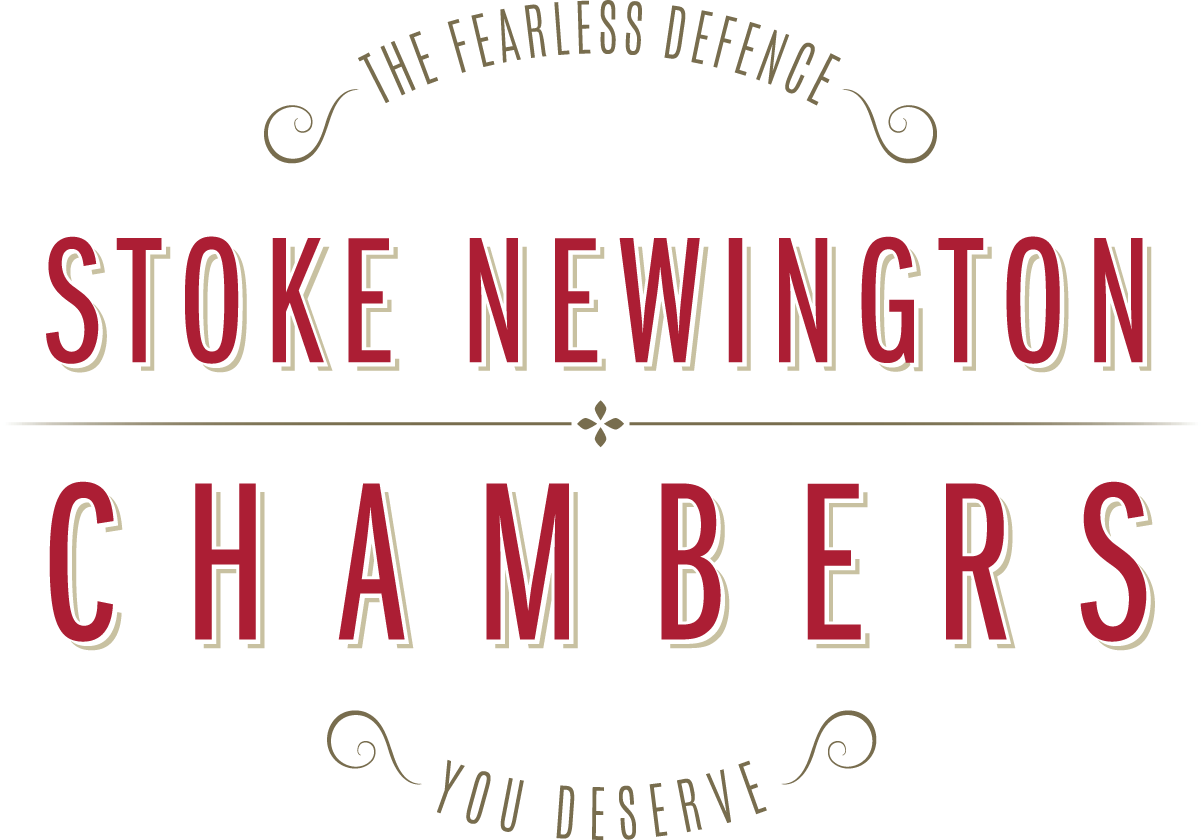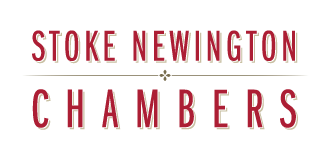I’ve been a Direct Access Barrister since 2012 and, before that, I was a practising Solicitor. This experience has helped me develop an effective three-step way of working which saves time and money – and ensures my clients get the best possible result.
Step one – Written quote
In order to provide you with a written quote, there are a few questions I’ll need to ask:
• What is your full name, address and phone number?
• Did you receive a court summons?
• Have you been charged with a crime or offered a police caution?
• Have you received any CPS/court documents or witness statements?
• What is the date of the next hearing? Is that the trial date, first appearance or something else?
• What do you want me to be responsible for? Do you need a court-room advocate for an upcoming trial, legal advice, someone to take care of the day to day handling of your case for you – or all three?
• Did you previously instruct another lawyer to deal with this case? Are you still working with them?
• What’s your legal expenses budget?
At this stage, you may have a few questions for me. Below are some questions I’m frequently asked and answers:
Why are you asking about my budget?
It helps me to tell you what your options are for that amount.
Why don’t you publish an hourly rate or flat fee on your website?
Because no two cases are alike. How much I charge depends on a client’s case, whether it’s in the Magistrates Court, Crown Court or County Court, and the amount of time and availability it will take for me to obtain the best possible result. What I can say is that my quotes are fair for the personalised level of service I offer.
What I can also say is if you are willing to trust your liberty, reputation, career or licence to the lowest bidder, I am not the barrister for you.
Why can’t you just give me a “ball-park” quote without me answering all of those questions?
Because no two cases are alike … and because I need to know the precise case against you.
How do you decide which potential clients progress to Step two?
Because I don’t farm my work out to junior members of staff, and because direct access to a Barrister isn’t for everybody, I am selective about which potential clients progress to Step two.
Firstly, I need to be sure that we can work together as an effective team. Being candid with me and answering the above questions is a good start. Secondly, I have to be sure I’ve got the capacity to take your case.
Step two – Contract for services
If I have the capacity to take your case and think we can work well together, I will email you an upfront fixed fee quote which sets out what I will do for you and any timescales.
If you are happy with the quote, you will let me know by sending me an email with copies of your ID attached. A copy of your passport / driving licence and a recent utility bill is sufficient.
On receipt of your email and ID, I will send you a contract for services together with an invoice. Unless I specify in writing otherwise, all invoices must be paid in full before I will carry out any work.
I make paying your bill easy and accept bank transfers and all major credit & debit cards.
Step three – My homework, your questions & your trial
Once you have signed the contract and paid the fee, I’m your Barrister and you are my client. You have my loyalty, my commitment – and my direct telephone number. Depending on the terms of our contract, we will either chat via FaceTime before the trial date and arrange to meet early on the day of your hearing – or we will have a face to face conference.
This is the stage where I comb through the evidence, weigh up the strengths and weaknesses of the case against you and prepare for trial – and/or give you my advice as to how you should proceed. Preparation is the key to success – and it’s crucial that my attention is drawn to all of the evidence. I will probably have further questions for you. It is important that these questions are answered directly – as there will be a reason for them.
If you have instructed me to be your trial barrister, I will meet you about an hour before court. This gives me time to take any last minute instructions from you and to explain the court lay-out and procedure*. It also gives me time to politely** introduce myself to the Prosecutor before the trial starts. If there is a chance to persuade the Prosecutor to reconsider the prosecution, I’ll take it.
If there is to be a trial, my job is to test the evidence by cross-examining the Prosecution’s witnesses and to ask you, if so advised, to tell your side of the story. I will make a closing speech on your behalf and put your best case forward.
If you are found Not Guilty, I will assist you as far as I can with an application for costs***.
If you are found Guilty, I will mitigate on your behalf and advise whether there is any merit in an appeal.
My philosophy is to have a low volume practice and to deliver a bespoke service to my clients. I leave high volume corner-cutting and cut-price law to others.
While direct access to a Barrister may not be for everyone, it will suit those wanting the quality of the Bar without the added expense of a solicitor.
Ready?
It’s never too soon to contact me.
_______________________
*Reputable lawyers do not coach witnesses about the questions which may be asked. Neither do we tell you what you are supposed to say.
**Prosecutors do not mistake politeness for weakness – and neither should you. The reality is, overly-aggressive defence lawyers let the whole world know that: 1) they haven’t prepared, or 2) they have prepared and they know their client doesn’t have a hope.
*** Defence costs are not a pound for pound reimbursement of your legal fees. In reality, they will only be a fraction of what you have paid. Many have called this a, “tax on innocence”.

